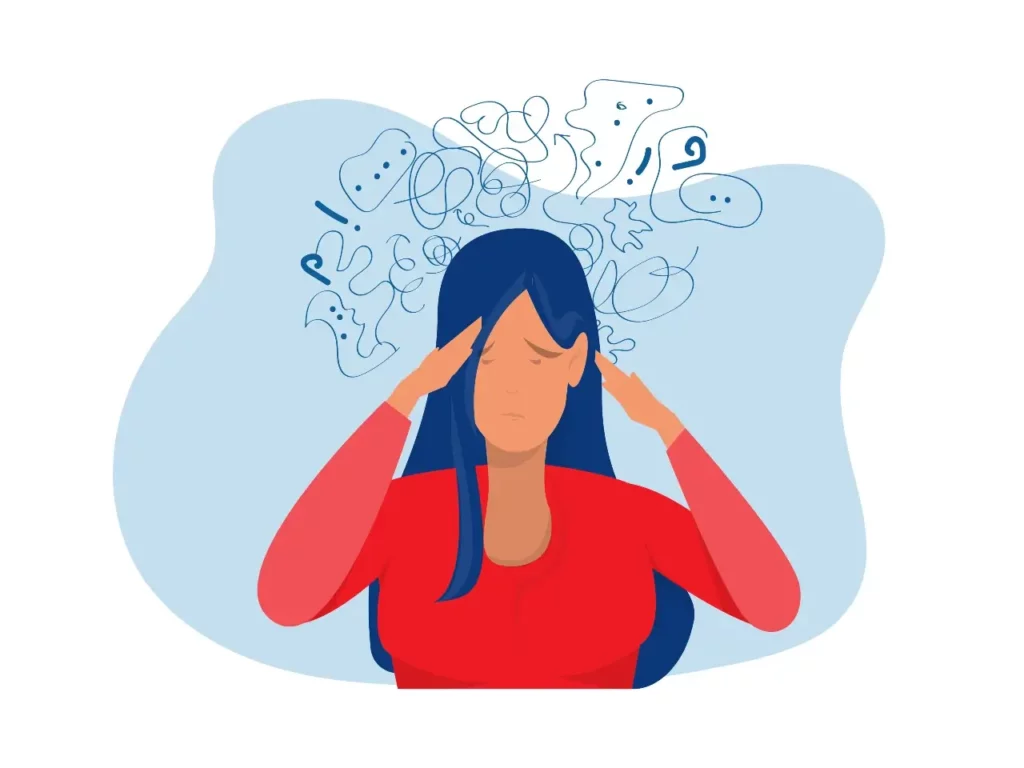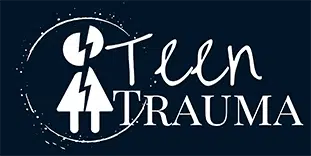Is Your Parenting Style Causing Your Teen's Emotional Trauma?
The past is in the past, but the effects of your past actually impact you today. For most adults, the past affects their parenting style. If you have unresolved trauma, you could be inflicting trauma on your teenager without even realizing it.
Here’s a closer look at how your own childhood trauma is likely affecting your parenting style and what you can do to improve the situation.
What Is Unresolved Trauma?
Definition of Unresolved Trauma
Unresolved trauma refers to a type of emotional or psychological trauma that has not been fully processed or resolved, often stemming from a past traumatic event or experience.
This can include a wide range of symptoms and reactions, such as emotional dysregulation, avoidance, hypervigilance, and control issues. If left untreated, unresolved trauma can lead to ongoing mental health concerns and difficulties with daily functioning.
How do I know if I have Unresolved Issues?
When someone experiences a traumatic event, it can either be dealt with and processed, or it can be internalized and pushed down. While many people think they are moving on when they push down their trauma, it actually grows over time, even in the person’s unconscious, and can create more serious issues later.
Unresolved trauma occurs when you push down your trauma and try to forget about it. For many adults who experienced traumatic situations in childhood and were not given the tools to process that trauma, they may have unconsciously held in the trauma response. Sadly, this creates unresolved trauma.

What are Signs of Unresolved Trauma in Adults?
Adults who have unresolved trauma may experience a variety of stress responses in their bodies. For instance, they may have a racing heartbeat, upset stomach, difficulty sleeping, and an overactive startle reflex.
Emotionally, someone with unresolved trauma may experience depression, hypervigilance, dissociation, and control issues. They may find it difficult to open up to other people.
Anger issues can also be serious, as these adults may have trouble regulating their emotions. Some adults with unresolved trauma will experience feelings of worthlessness and low self-esteem.
Now, when you place these emotional concerns in the lap of a parent, it’s easy to see how the trauma can impact the children and teenagers in the home. If you are quick to get angry over small things, it has a big impact on your kids. If you can’t model good emotional regulation, your kids will struggle too.
Effects of Unresolved Trauma on Thinking
When you have unresolved trauma, it has a significant impact on the way you think and make decisions. The emotional dysregulation you experience can make it challenging to make decisions. You will either feel too deeply about the decision, or you will feel numb about it.
Sometimes, adults with unresolved emotional trauma will exhibit symptoms of PTSD, which hurts the executive function of the brain. When your executive function isn’t working, you can’t make strategies to deal with life’s problems. Instead, you develop negative coping mechanisms and may remain stuck when it’s time to make a choice.
Many people with unresolved trauma experience intrusive thoughts. These thoughts come without warning and create a shock of their own. They can also cause the person to exhibit a behavioral reaction. Again, this can hurt not only the individual but also the child they’re parenting.
Unresolved trauma remains in the body like a poison. It moves through your system, finding places to hide, festering, waiting for an opportunity to resurface. It colors your perceptions, influences your reactions, and drives your behavior, often without your conscious awareness.
Jasmin Lee Cori, author and psychotherapist
Unresolved Trauma in Relationships & Parenting
Childhood trauma can come out in parenting in several ways, but it almost always affects the adult’s parenting style in some way, and that hurts children and teens. You may notice that you fall into one of these common parenting styles:
Avoidance
Unresolved trauma causes people to avoid people and situations that bring up feelings of trauma, which can include a parent’s own children. You may find yourself not wanting to be involved in your child’s life or limiting your child’s involvement in activities that make you feel trauma, even though they enjoy these experiences.
Sheltering
Some parents with unresolved trauma will try to overly shelter their children to protect them from experiencing their own trauma. For teenagers who need to start spreading their weeks, overly sheltering can have an extremely negative effect.
Emotional Neglect
Sadly, many parents who have unresolved trauma are emotionally neglectful to their children. They don’t have the capacity to handle the vulnerable emotions that parenting can bring.
Children with parents who aren’t emotionally available can turn to attention-seeking behaviors.
Controlling
At times, unresolved trauma exhibits itself through controlling behaviors. Because trauma makes someone feel like they’ve lost control, which is a frightening place to be, it can cause a parent to become more controlling.
This can increase a teen’s risk of rebellious, dangerous behaviors as they push back against control.
Parentification
At an extreme level, unresolved trauma can lead to parentification, which is a dangerous type of emotional abuse.
Parentification occurs when a child has to take on the caregiving responsibilities for their parent or one of their siblings at the expense of having their own developmental needs met.
The mental health concerns that come from unresolved trauma can make it impossible for a parent to handle caregiving tasks, and a child who steps in may end up in a parentification role.
According to a study conducted by the National Child Traumatic Stress Network, up to 70% of teenagers in the United States have experienced a form of trauma, such as abuse, neglect, or violence.
This highlights the importance of recognizing and addressing unresolved trauma in parents, as it can significantly impact their children’s mental health and well-being.

What Parents Can Do to Break the Cycle of Generational Trauma
Acknowledge the Trauma
If you are hurting your teenager due to your own unresolved trauma, you need to step up. Start by acknowledging the trauma. Talking about it will make a difference, and acknowledging the pain you experienced is the first step toward healing.
This sounds simple, but if you’ve spent decades stuffing your trauma out of your mind, it will be hard to do, so consider working with a trauma-informed therapist for help.
Work with a Trauma-informed Therapist
Once you find the right therapist, do the work assigned to help your body and mind heal. You can heal from childhood trauma, but it will take time and effort. With our therapist, try to identify the negative patterns you have that affect your child and learn tools you can use to stop them.
Get Your Child the Therapy They Need
Finally, get your child the help they need as well. If you have a teenager affected by your unresolved trauma for many years, they’ll need professional therapy to heal themselves.
Emotional trauma can impact you far into adulthood if you never deal with it, but there is help and hope. With the right effort and professional assistance, you can heal and start making your parenting healthier.
The Path to Healing: Confronting Unresolved Trauma
Unresolved childhood trauma can profoundly impact parenting, leading to a wide range of negative behaviors and emotional reactions that can hurt both parents and children.
By acknowledging and addressing unresolved trauma, parents can break the cycle and make their parenting healthier. Working with a trauma-informed therapist can be vital in this process, helping parents identify negative patterns and develop tools to stop them.
Remember, with the right effort and assistance. There is hope for a brighter future for both you and your children.
Recommended Reading










